
The information was shared at the seminar "Taking advantage of rules of origin in EVFTA and its significance for businesses in the context of reciprocal tax policies", organized by Industry and Trade Magazine on October 9.
According to Ms. Trinh Thi Thu Hien, Deputy Director of the Import-Export Department ( Ministry of Industry and Trade ), since the EVFTA took effect (August 2020) to 2024, Vietnam's export turnover to the EU has increased nearly three times, from 17.9 billion USD to 51.72 billion USD. The value of goods granted certificates of origin (C/O) has also increased sharply, from 2.66 billion to 18.13 billion USD, equivalent to the rate of preferential utilization increasing from 14.8% to 35.1%.
This is a positive result, showing that Vietnamese enterprises are increasingly proactive in meeting regulations on goods origin. However, the level of utilization still varies between industries, with leather and footwear reaching nearly 100% of export turnover with C/O, while textiles and garments only reach over 30%. This rate is also higher in markets with seaports such as Germany and the Netherlands compared to countries deep in the EU.

From the association's perspective, Ms. Phan Thi Thanh Xuan, Vice President and General Secretary of the Vietnam Leather, Footwear and Handbag Association, said that EVFTA creates a great advantage for the industry when many key products, especially sports shoes, enjoy a 0% tax rate. With the requirement of only 40% of added value in Vietnam, the EVFTA's rules of origin are considered "more flexible" than many other FTAs.
Thanks to that, leather and footwear exports to the EU still grew by about 14% per year, offsetting the decline from other markets. However, Ms. Xuan emphasized that the EU is a “difficult” market with many strict standards on chemicals, the environment and sustainability reporting.
Following the trend of the “European Green Deal”, Vietnamese enterprises need to invest in clean production and transparent supply chains if they want to maintain their position. “If they are not well prepared in terms of internal resources and information, especially small and medium enterprises, it will be very difficult to survive,” Ms. Xuan warned.
Ms. Xuan also noted that if Vietnam does not quickly take advantage of the EVFTA, competitors like Indonesia may overtake it by signing an FTA with the EU soon. Therefore, businesses must strengthen their capacity, while the State needs to support procedures, promote trade and reduce compliance costs.
According to Ms. Trinh Thi Thu Hien, implementing Directive 29/CT-TTg of the Prime Minister , the Import-Export Department is implementing many synchronous solutions such as: Perfecting transparent mechanisms and policies on origin; training and guiding businesses; coordinating with customs of importing countries to verify origin and reform administrative procedures.
“We pay special attention to helping businesses understand and proactively apply rules of origin, because this is a key factor in taking advantage of tariff incentives and expanding the market,” Ms. Hien emphasized.
Source: https://hanoimoi.vn/quy-tac-xuat-xu-cung-co-thi-phan-hang-viet-tai-eu-719043.html


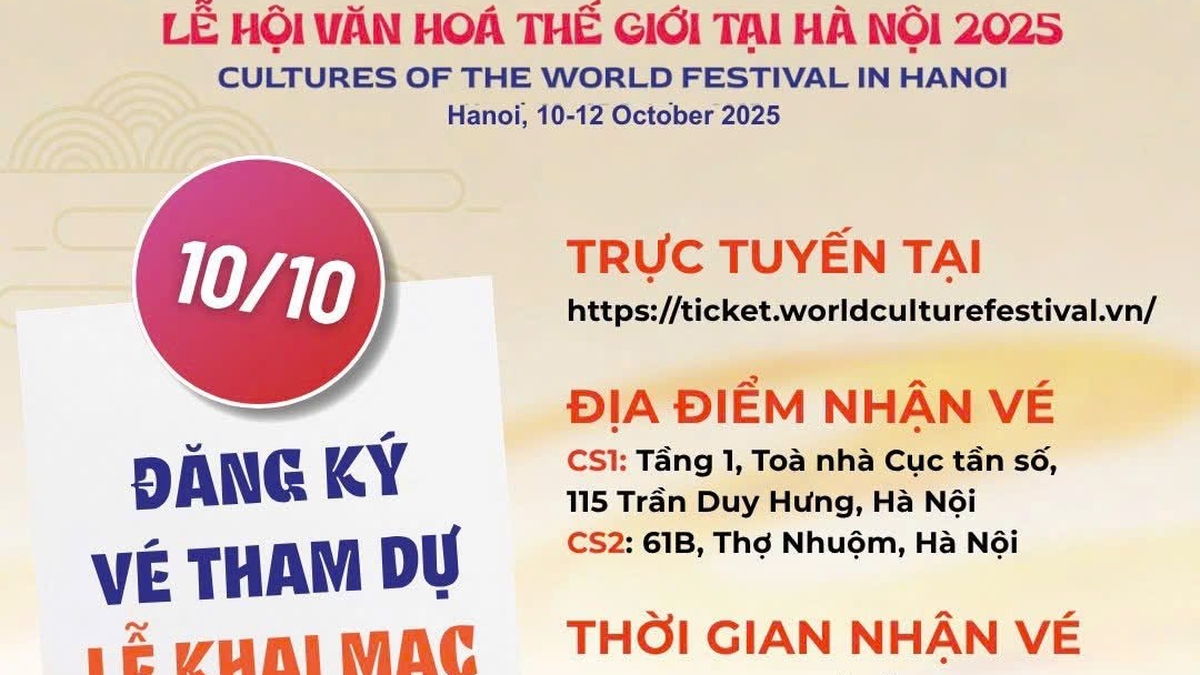
![[Photo] Prime Minister Pham Minh Chinh chairs a meeting of the Government Standing Committee on overcoming the consequences of natural disasters after storm No. 11](https://vphoto.vietnam.vn/thumb/1200x675/vietnam/resource/IMAGE/2025/10/09/1759997894015_dsc-0591-jpg.webp)

![[Photo] President Luong Cuong attends the 80th Anniversary of the Traditional Day of Vietnamese Lawyers](https://vphoto.vietnam.vn/thumb/1200x675/vietnam/resource/IMAGE/2025/10/09/1760026998213_ndo_br_1-jpg.webp)

![[Photo] General Secretary To Lam visits Kieng Sang Kindergarten and the classroom named after Uncle Ho](https://vphoto.vietnam.vn/thumb/1200x675/vietnam/resource/IMAGE/2025/10/09/1760023999336_vna-potal-tong-bi-thu-to-lam-tham-truong-mau-giao-kieng-sang-va-lop-hoc-mang-ten-bac-ho-8328675-277-jpg.webp)
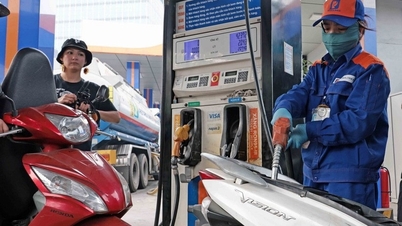



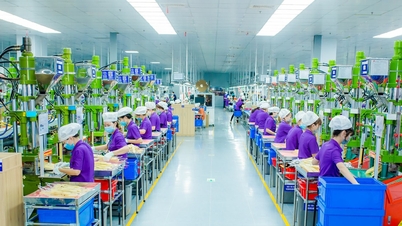




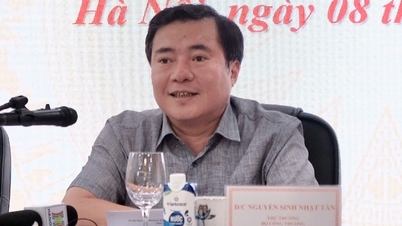



















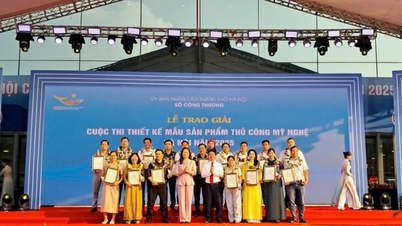









































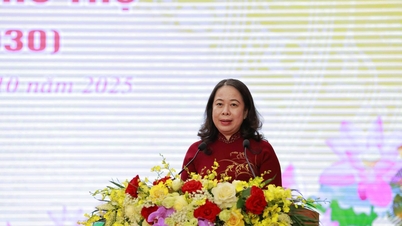







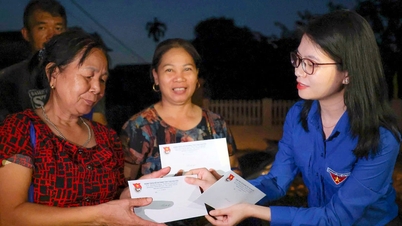
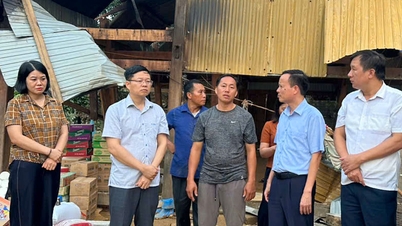














Comment (0)